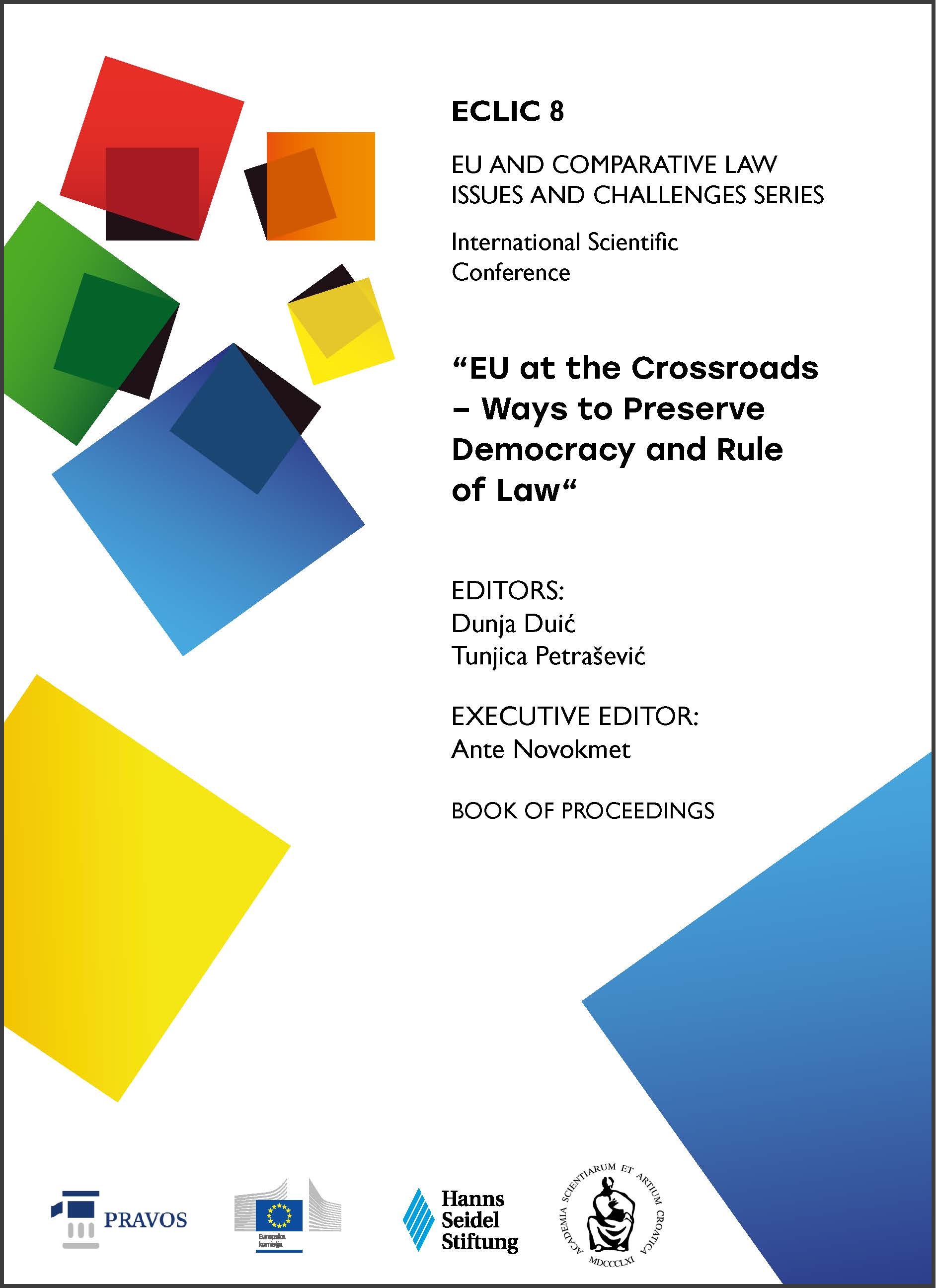NEW EUROPEAN REGIME FOR COMBATTING LATE PAYMENTS IN COMMERCIAL TRANSACTIONS – KEY ELEMENTS OF REVISION AFTER A DECADE
DOI:
https://doi.org/10.25234/eclic/32284Abstract
It has been a decade since the Late Payment Directive (2011/7/EU) came into force. At the time of its adoption and implementation into the legislation of Member States marked by the circumstances of a less digital world, it provided legal certainty and protection to small and medium-sized enterprises in case larger or more powerful businesses failed to fulfil their financial obligations on time. Business digitization, geopolitical events, and inflation have influenced entrepreneurs' operations and their decision-making in the allocation of financial resources, indirectly leading to a disruption of payment culture and an increase in the number of unpaid invoices. According to available data from the European Payment Report, late payments affect entrepreneurs in all sectors and all Member States, with small and medium-sized enterprises, the generators of the European Union's gross domestic product, being the most affected. In order to address this growing issue, the European Commission has presented a proposal for revised rules on late payments at the end of 2023. The paper analyses secondary data to answer the question of the effectiveness of existing rules in preventing late payments and highlights the most significant elements of the new Regulation proposal. By comparing existing and revised legal solutions, paper addresses whether the new rules can solve this problem.
Downloads
Published
How to Cite
Issue
Section
License
Copyright (c) 2024 Sanja Gongeta

This work is licensed under a Creative Commons Attribution-NonCommercial 4.0 International License.
Authors retain the copyright on the papers published in the Journal, but grant the right of first publication to the Journal. Papers accepted for publication or already published in ECLIC of the Faculty of Law in Osijek may be published by the author(s) in other publications only with proper notice of its previous publication in ECLIC.


